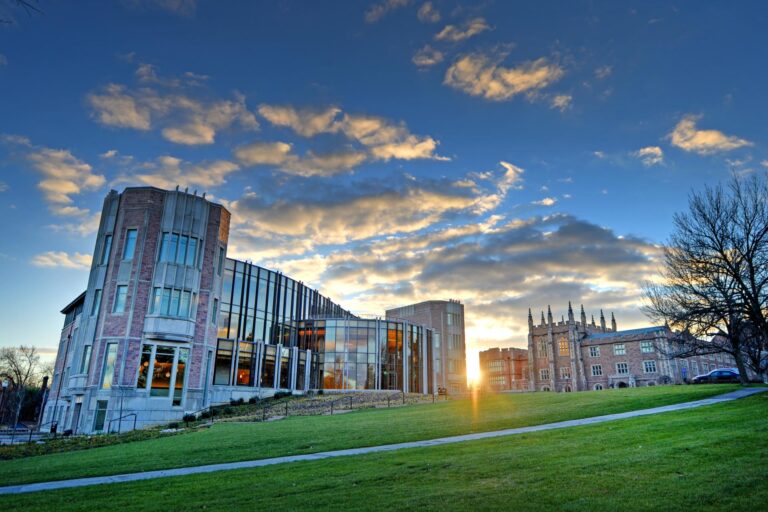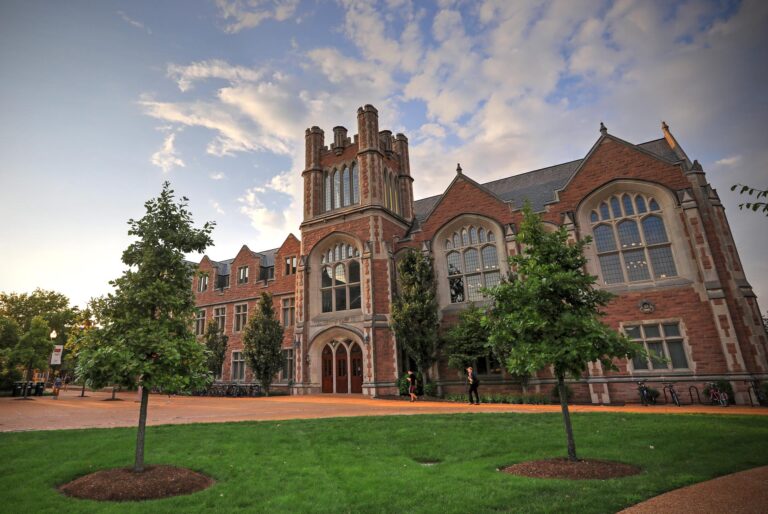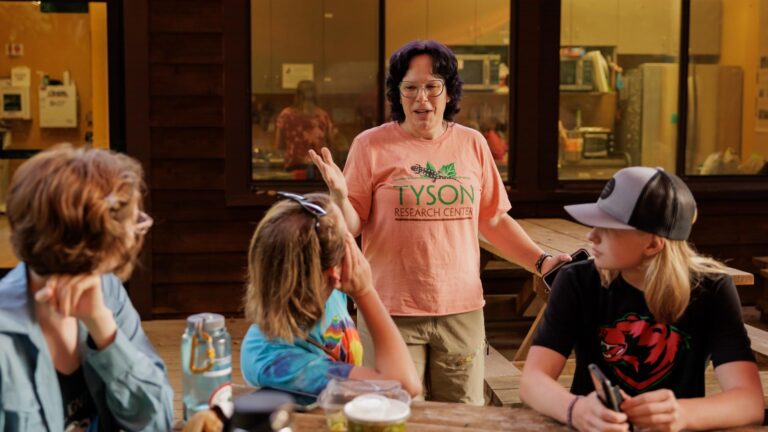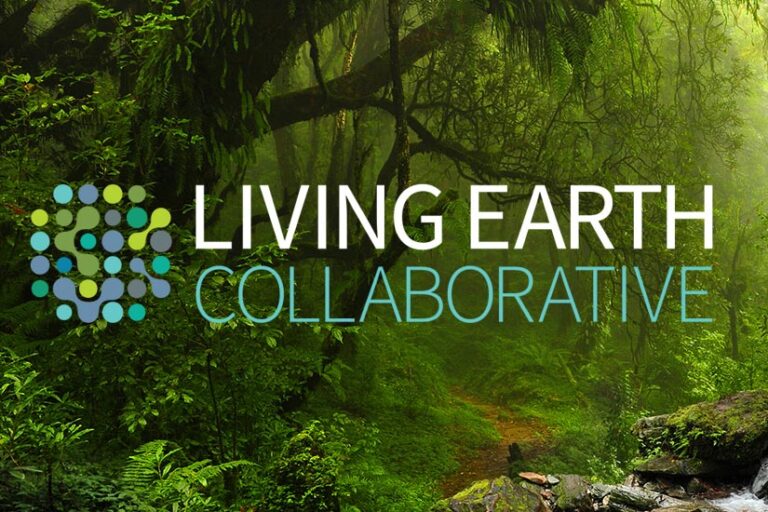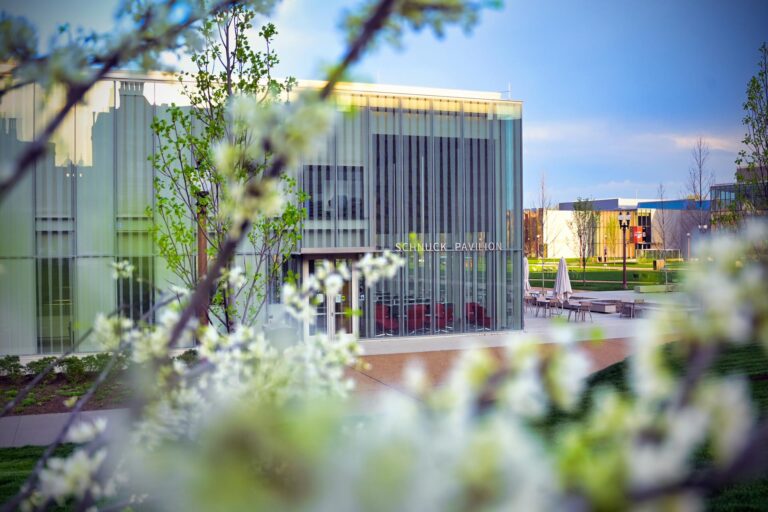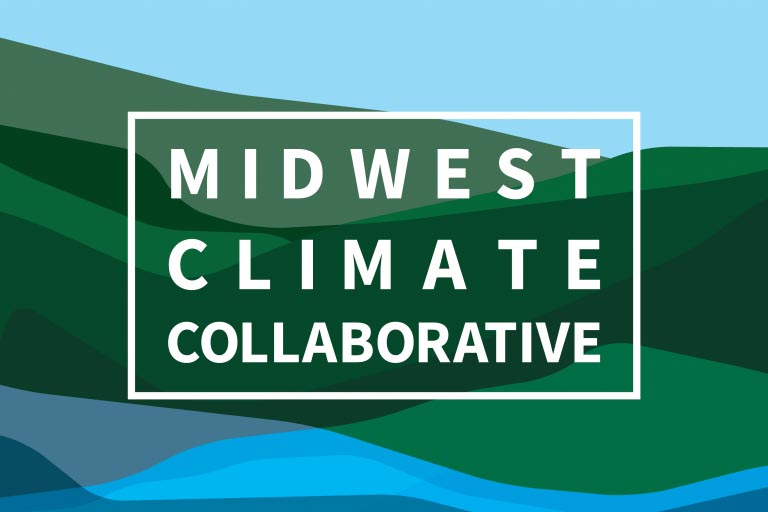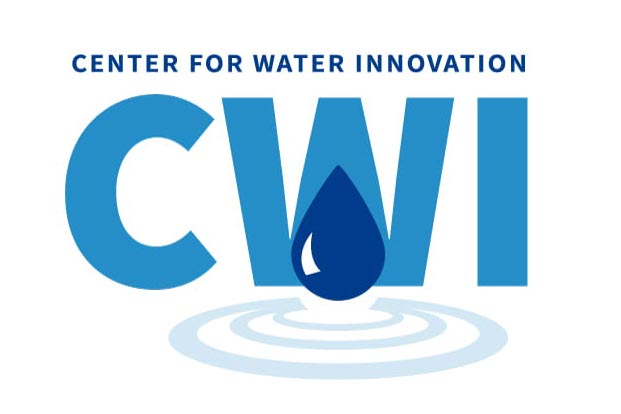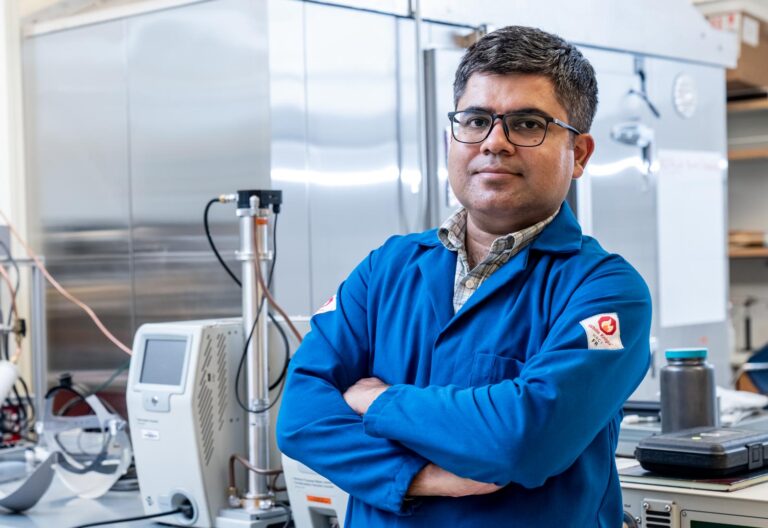Becoming a scholar
Learn more about what it means to be a scholar with the Center for the Environment including the benefits, expectations, and application process. Eligibility WashU affiliated tenured/tenure-track faculty, research faculty, professors of practice, permanent research staff, and full-time teaching faculty conducting research or teaching in the focal areas of the Center, regardless of the source […]
Buder Center
The Kathryn M. Buder Center for American Indian Studies at the Brown School at Washington University was founded to provide scholarships for American Indians and has grown into one of the most respected centers in the nation for academic advancement and study of American Indian issues related to social work.
Interdisciplinary Environmental Law Clinic
The Interdisciplinary Environmental Clinic (IEC) functions as a pro bono law practice handling environmental and community health cases.
Tyson Research Center
Tyson Research Center is the environmental field station for Washington University located 20 miles from the Danforth Campus on 2,000 acres at the edge of the Ozark Highlands. Tyson provides opportunities for environmental research and education for students and faculty from Washington University and beyond. The center facilitates multi-scale research, teaching opportunities and collaboration.
Living Earth Collaborative
The Living Earth Collaborative is a center for biodiversity built from a partnership among three leading institutions in the study of plant and animal science — Washington University, the Missouri Botanical Garden and the Saint Louis Zoo. The collaborative is dedicated to advancing the knowledge of biodiversity and ensuring the future of earth’s species.
Office of Sustainability
The Office of Sustainability leads Washington University’s efforts to transform its campuses into a living learning laboratory that connects teaching and research directly to sustainable campus operations. The Office of Sustainability facilitates, convenes and partners with university leaders and community partners to work toward a more sustainable campus and world.
Midwest Climate Collaborative
The Midwest Climate Collaborative (MCC) is a cross-sector collaboration of organizations in 12 states to respond collectively to the climate crisis. Launched in 2022 at Washington University, the MCC works to accelerate climate action, knowledge generation and leader development to support its vision of a carbon neutral, climate resilient, interconnected Midwest region.
Center for Water Innovation
The Center for Water Innovation (CWI) provides a platform for industry-university dialogue and facilitates interactions among potential collaborators towards joint research efforts. CWI connects academic researchers and wastewater utilities to address their needs, providing regional research support to faculty research groups connecting utility personnel with researchers who can provide solutions to their technology needs.
Center for Aerosol Science & Engineering
The Center for Aerosol Science & Engineering (CASE) focuses on the advancement of knowledge through aerosol science and technology in the areas of energy, environment, materials and health. The center is a group of faculty, students and affiliates within the Department of Energy, Environmental & Chemical Engineering, as well as partners at universities and corporations.
